A Midimalist Ponders Minimalism
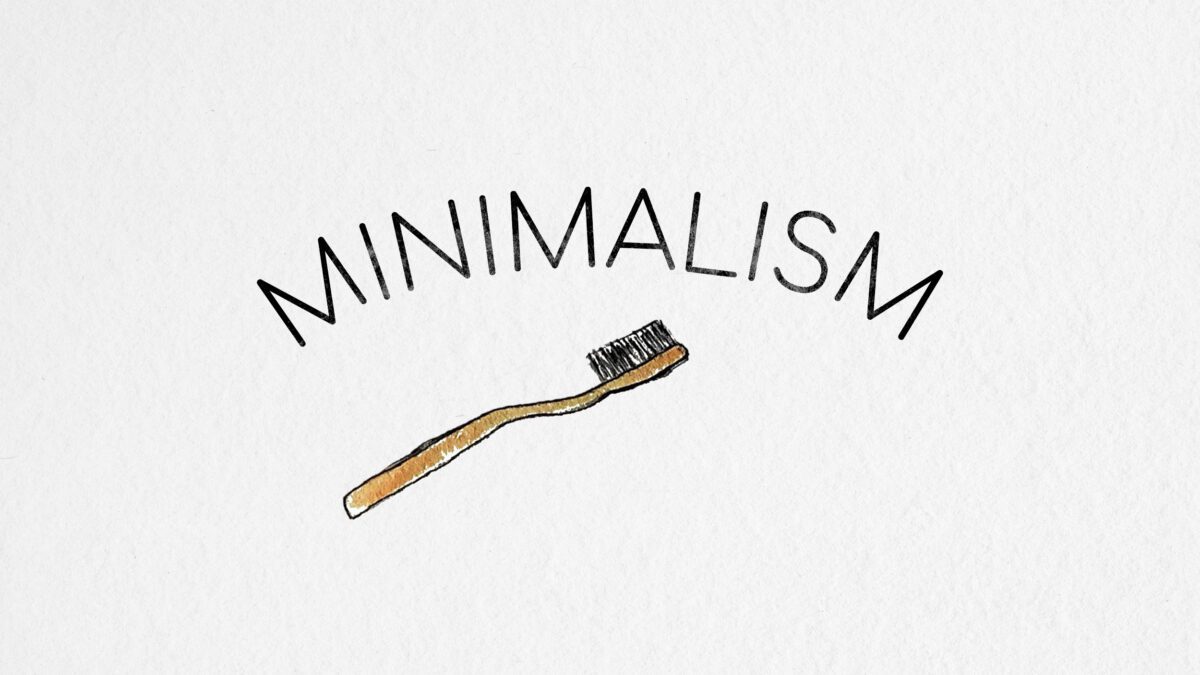
Minimalism is the art of shedding excess.
Well. I’m not going to stay in the minimal typographical mode through this article. I am not a true minimalist. But I believe I can learn something from almost any lifestyle. When it comes to minimalism, there are a few things I as a midimalist want to emulate.
My dad is a maximalist
His garage is a wonderland.
When I, as a child, went there with him, there was no telling what I’d find. Below a stack of shoes from 1978, there would be a pair of beautiful old ice skates from the dawn of time — and I looked on them in wonder, wondering at how fast my dad could make those bad boys skid.
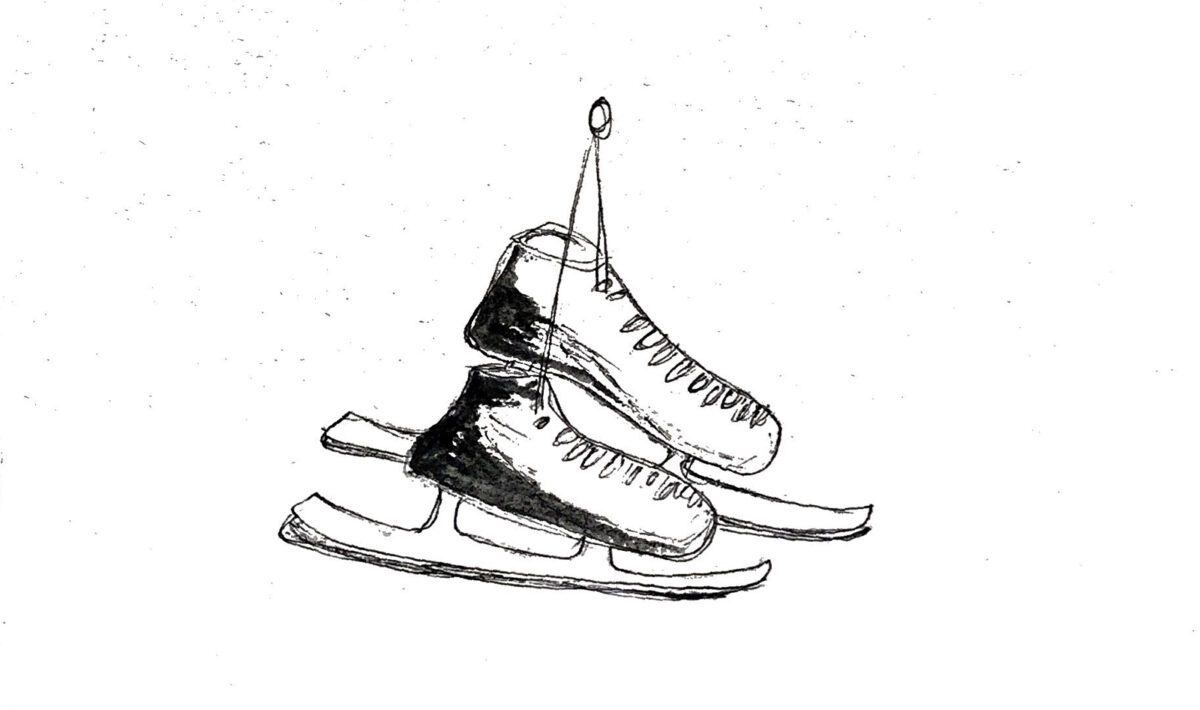
Likewise when I found a pair of jumping skis, I imagined his younger years when he flew almost a 100m through the air strapped to a pair of primitive planks.
Building a play cabin behind the garage was a dream, since old planks from old garages and sheds were stacked high in memory of former times, and I was free to use all of it.
I learnt that hoarding is wondrous — it’s an adventure.
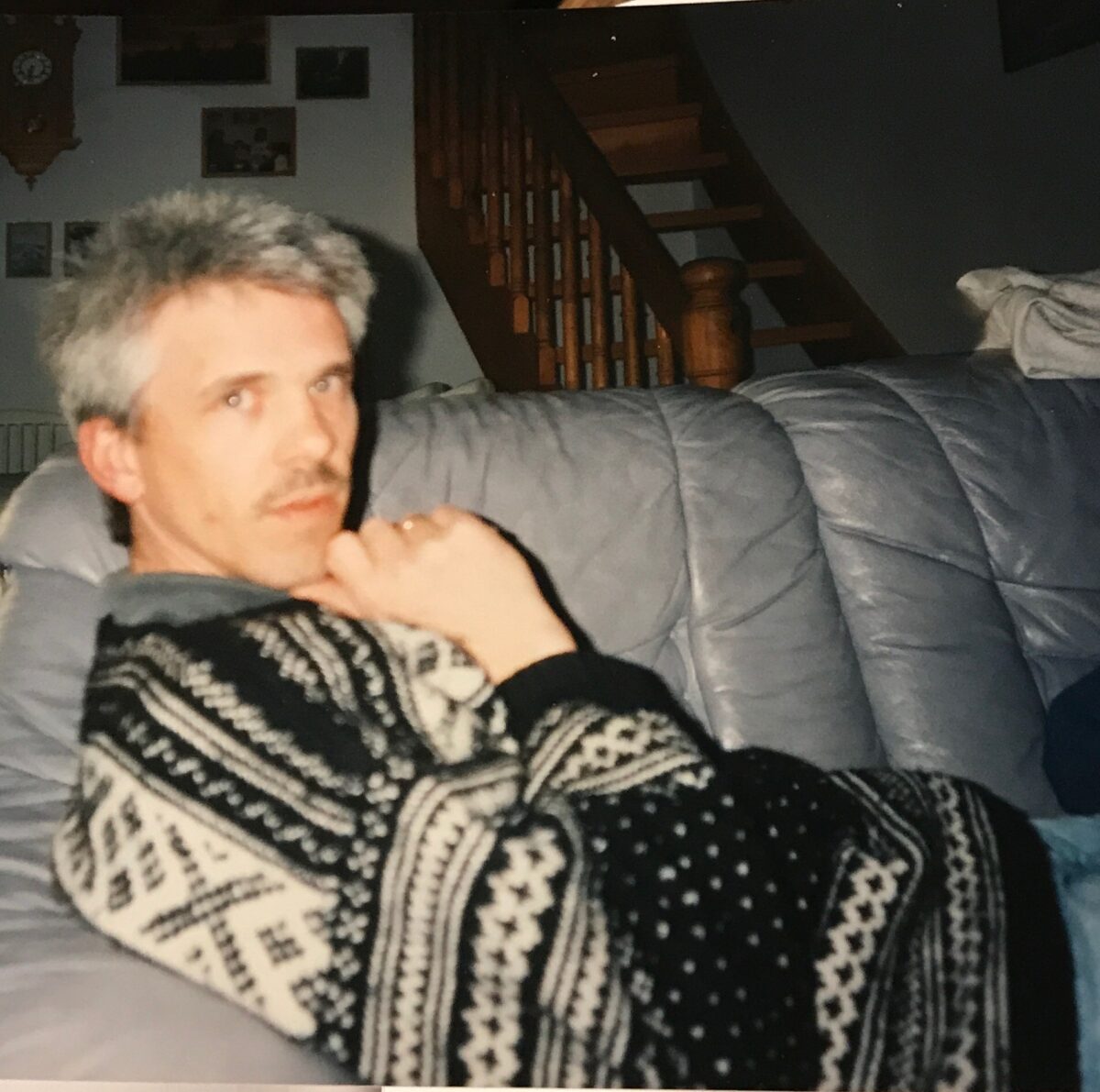
I became a minimalist-curious city boy
Moving to an apartment, I went through a severe rebellion against the hoarding of my youth. When I was a child I had saved all my old toothbrushes for a while, because they had nice pictures of Disney characters on them. I cried when my mom told me to throw them away.
Hey! I was really young — don’t judge me. I was only 17.
Just kidding. (Or am I?)
Anyway. Enough tears shed over Unca Scrooge, printed on my beautiful orange toothbrush, hopefully not decaying along with all the worlds plastic in the middle of the pacific somewhere.
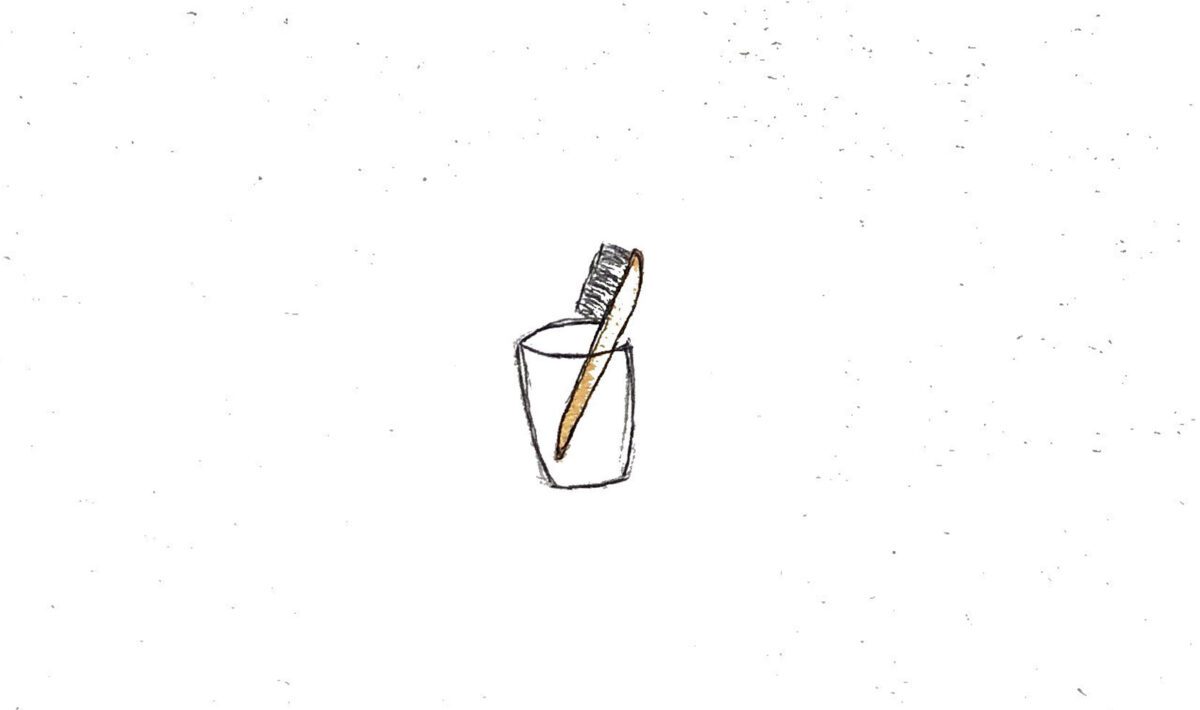
“Enough tears shed over Unca Scrooge, printed on my beautiful orange toothbrush, hopefully not decaying along with all the worlds plastic in the middle of the pacific somewhere.”
Moving around several times as a newcomer in Stockholm, Sweden, I quickly realized I don’t want much stuff. Stuff is something you have to carry. Deadweight. A liability. In extreme response to my upbringing, I wanted to throw away everything.
*insert maniacal gif here*
My wife however, as so often, helped me realize that we need some stuff. So now I have finally turned into a Midimalism. Neither a minimalist or a maximalist, but somewhere in the boring, gray, middle.
I don’t mind.
Minimalism doesn’t mean “don’t have stuff”
I watched a documentary on minimalism — in fact, it spurred this article. They put it so nicely, explaining that minimalism is most of all about appreciating everything you own.
If you don’t either need it, or deeply want it, don’t buy it. Get rid of the urge to just buy for the sake of buying.
This is something I’ve taken to heart. I find much more pleasure in, rather than buying a book series, buying one book. Then when I finish it, I reward myself with buying the next installment.
This way I enjoy my current book way more, and buying the next one becomes a reward that cost me something.
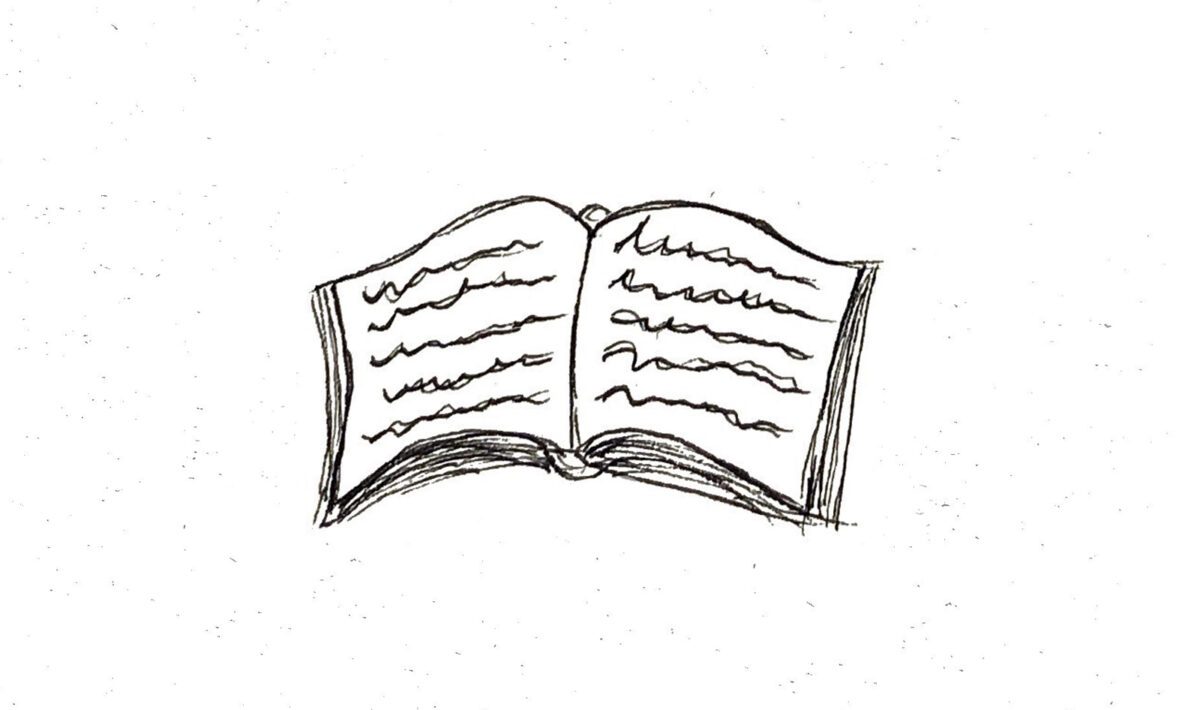
It is about focusing more on enjoying what you have than all the time looking for the next thing. And I think we all can agree that it’s a sad feature of human nature that we tend to look outside of our own four walls for the next kick, instead of celebrating what we have.
I am convinced (and it’s my experience) that the times we practice more gratefulness, for our family, our belongings, our friends, we are so much better off. And therefore it’s something I try, though flawed, to pursue.
Few object — many heritage
Sorry, meme culture destroyed that heading.
If you’d ask my grandmother what has changed with the world during her almost 100 years — and if she was eloquent in English — she would probably talk about instant gratification.
More than ever, thanks to the industrial revolution, so many of us can have whatever the heck we want.
My grandmother has the same handcrafted table and chairs she’s had since she was newly married. They knew the one who made it (before buying local was a trend) and it cost them a lot. It is still in tip top shape. I admire that a lot — the gratefulness and care she, and much of her generation has for everything she owns.
That is why me and my wife love heritage objects. A set of plates from my grandma (once again, in tip top shape) from right after WWII, and it was handed to us with a story including the Rat Catchers and their hunting in the forest during the war to provide for their families (in risk of being caught and mistaken for part of the resistance movement), drama and resentment, kindness and willingness to give.
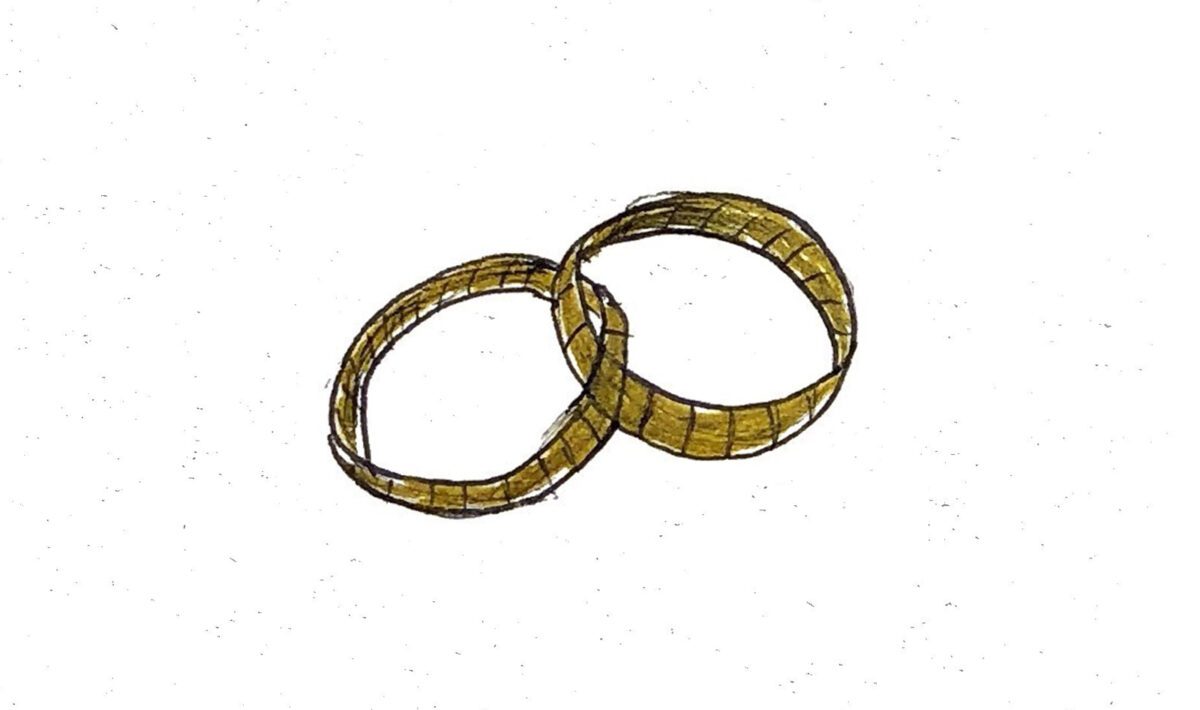
Our wedding rings that has been worn three generations ago and then refitted to us, is to us way more valuable than any new ring would be, because of the tie to our history that it provides.
I firmly believe in the concept of rather having one nice thing that I really appreciate and care for, than 100 that are meh. Things that have a history, or else that are made with such craftsmanship that they can be passed from us down into future generations.